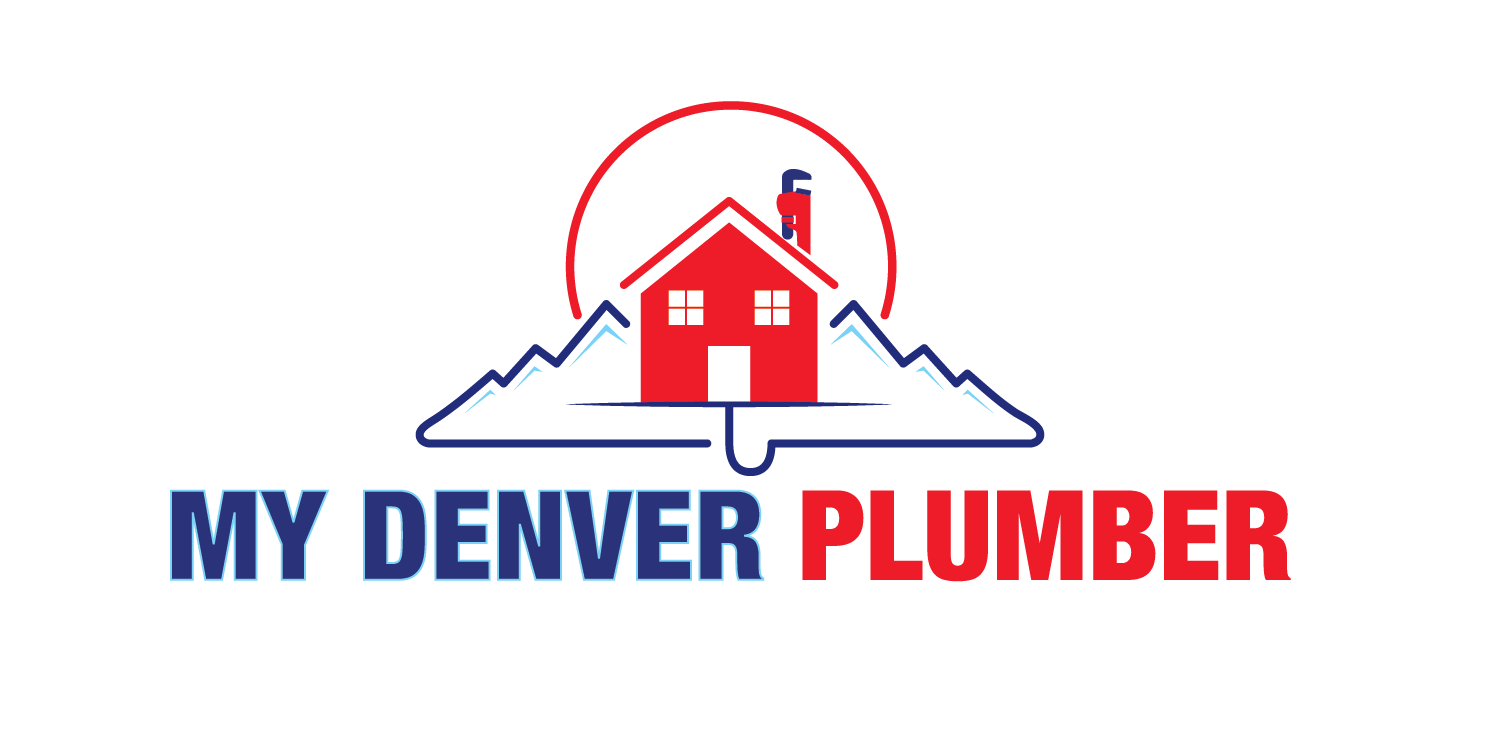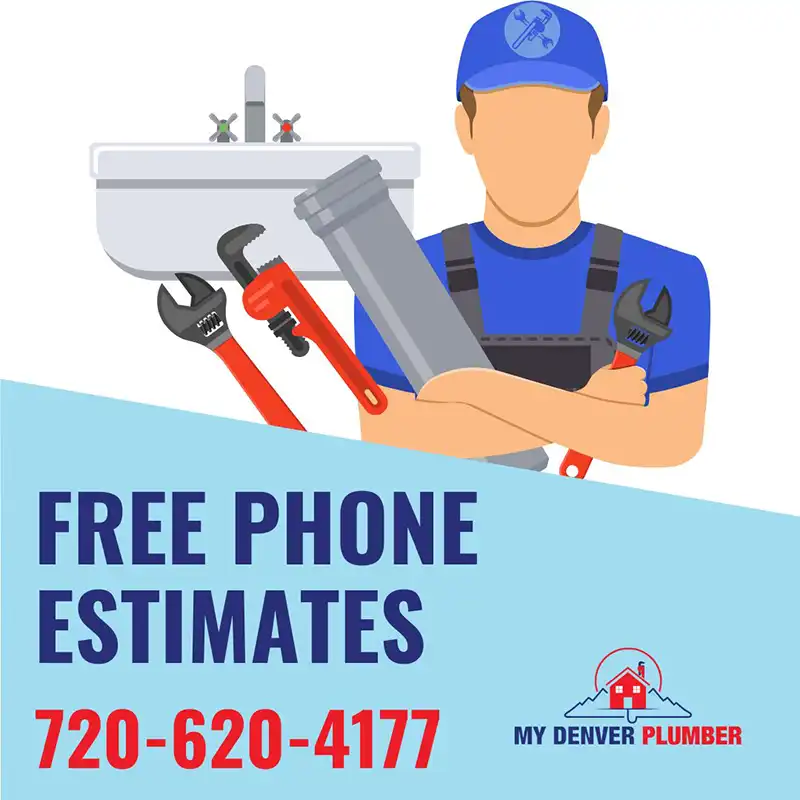Sewer backups are a homeowner’s nightmare, leading to unpleasant odors, potential health hazards, and costly repairs. Understanding the common causes of sewer backups and how to prevent them can save you time, money, and stress. While some preventative measures can be managed on your own, others require the expertise of a professional plumber. In this article, we’ll explore the common causes of sewer backups, provide tips for prevention, and explain when it’s essential to call in the professionals.
Common Causes of Sewer Backups
1. Tree Roots
Tree roots are one of the most common causes of sewer backups. Roots naturally seek out moisture, and sewer lines are a prime target. Once inside, roots can grow and expand, causing blockages and even breaking the pipes. This issue is particularly prevalent in older homes with clay or concrete pipes.
2. Clogged Pipes
Blockages in the sewer line can occur due to a buildup of debris, grease, hair, and other materials that should not be flushed or poured down the drain. Over time, these materials can accumulate and restrict the flow of water, leading to backups.
3. Broken or Collapsed Sewer Lines
Aging infrastructure can lead to broken, cracked, or collapsed sewer lines. Shifting soil, heavy traffic, and other environmental factors can damage pipes, resulting in backups. Homes built before the 1980s are especially susceptible to this issue.
4. Heavy Rainfall or Flooding
Excessive rainfall or flooding can overwhelm the municipal sewer system, causing water to back up into homes through the sewer lines. This type of backup is often beyond the control of individual homeowners and is more common in areas with outdated or insufficient sewer infrastructure.
5. Sewer Line Bellies
A sewer line belly occurs when a section of the pipe sinks, creating a low spot where waste and debris can accumulate. This can eventually lead to blockages and backups. Sewer line bellies are usually caused by soil conditions or improper installation.
Preventing Sewer Backups
1. Regular Maintenance and Inspection
Regular maintenance and inspection of your sewer lines can help identify potential issues before they become major problems. Consider scheduling an annual inspection with My Denver Plumber who can use a camera to inspect the inside of your pipes and identify any blockages, cracks, or other issues.
2. Proper Disposal of Waste
Be mindful of what you flush down the toilet and pour down the drains. Avoid flushing items like sanitary products, “flushable” wipes, and paper towels, which can cause clogs. In the kitchen, dispose of grease, oils, and food scraps properly instead of pouring them down the sink.
3. Install a Backwater Valve
A backwater valve is a device that prevents sewage from backing up into your home during heavy rainfall or flooding. This valve allows wastewater to flow out of your home but closes to prevent it from flowing back in. Installing a backwater valve can be a significant preventative measure, especially in areas prone to flooding.
4. Tree Root Management
If you have trees on your property, be proactive about root management. Avoid planting trees and shrubs near your sewer lines, and consider removing any existing trees that pose a risk.
5. Repairing Sewer Line Bellies
If a sewer line belly is identified during an inspection, it’s crucial to address it promptly. Repairing a sewer line belly typically involves excavating the affected section and repositioning or replacing the pipe to ensure proper flow.
When to Call a Professional
While some preventative measures can be handled by homeowners, certain situations require the expertise of a professional plumber. Here are some instances when you should call in the pros:
1. Recurring Backups
If you’re experiencing frequent sewer backups, it’s a sign of a more significant issue that needs professional attention. A plumber can diagnose the root cause and recommend a long-term solution.
2. Extensive Tree Root Invasion
If tree roots have infiltrated your sewer line, professional intervention is necessary. Plumbers have specialized equipment, such as augers and hydro jetting tools, to remove roots and repair the damage.
3. Major Pipe Damage
For broken, cracked, or collapsed pipes, professional repair or replacement is essential. Attempting to fix these issues on your own can lead to further damage and costly repairs.
4. Installing Backwater Valves
Installing a backwater valve is a complex task that should be performed by a professional plumber. Proper installation ensures the valve functions correctly and provides the necessary protection against backups.
5. Sewer Line Bellies
Addressing a sewer line belly requires excavation and precise work to correct the slope of the pipe. Professional plumbers have the skills and equipment needed to perform this task safely and effectively.
Sewer backups can be a significant inconvenience and health hazard for homeowners. By understanding the common causes and implementing preventative measures, you can reduce the risk of backups and maintain a healthy plumbing system. Regular maintenance, proper waste disposal, and proactive tree root management are key steps you can take on your own. However, for recurring issues, extensive damage, or complex installations, it’s crucial to call in the professionals at My Denver Plumber. Our expertise and specialized equipment will ensure that your sewer system is functioning correctly and that your home remains safe and sanitary. Contact us or book an appointment online.


